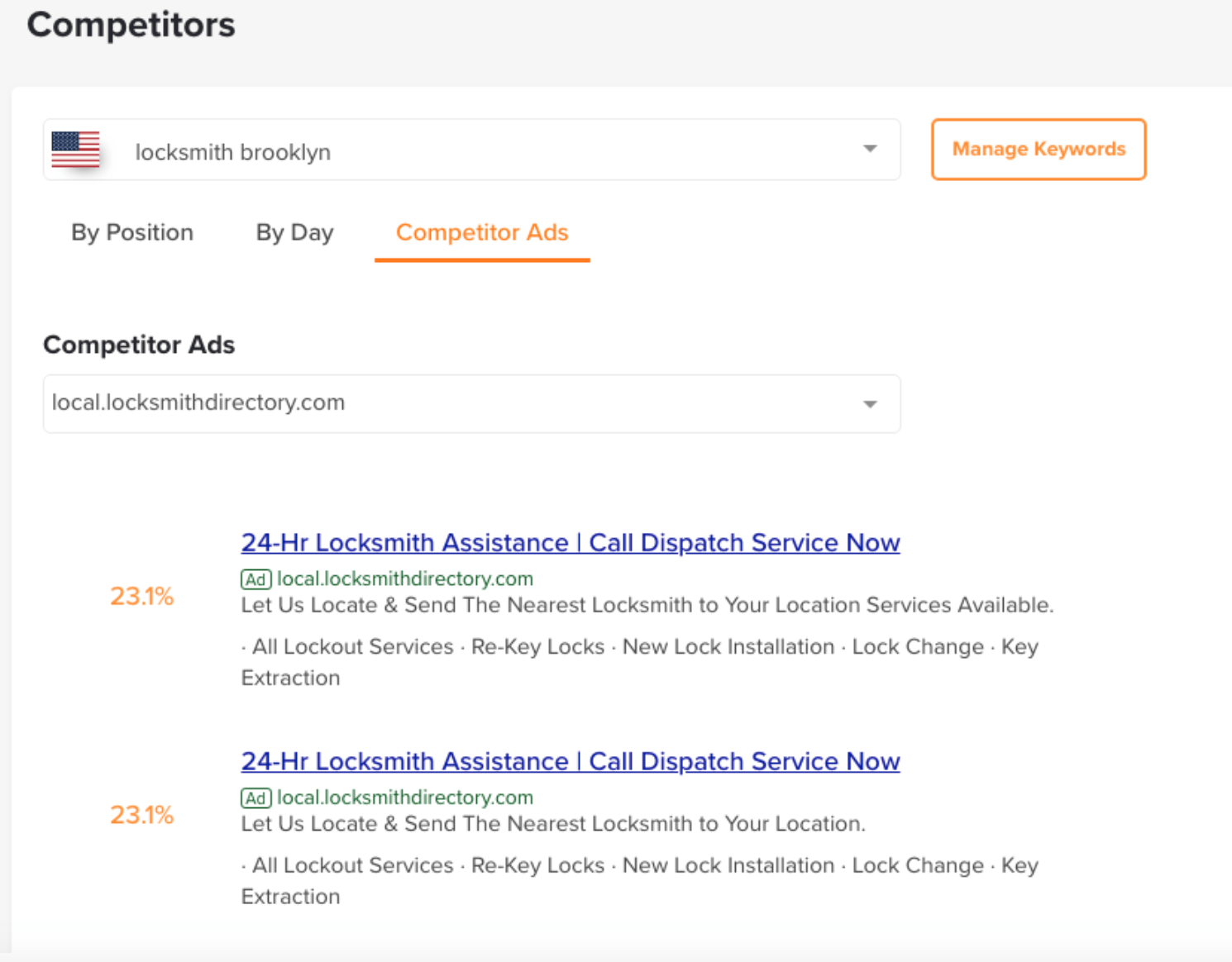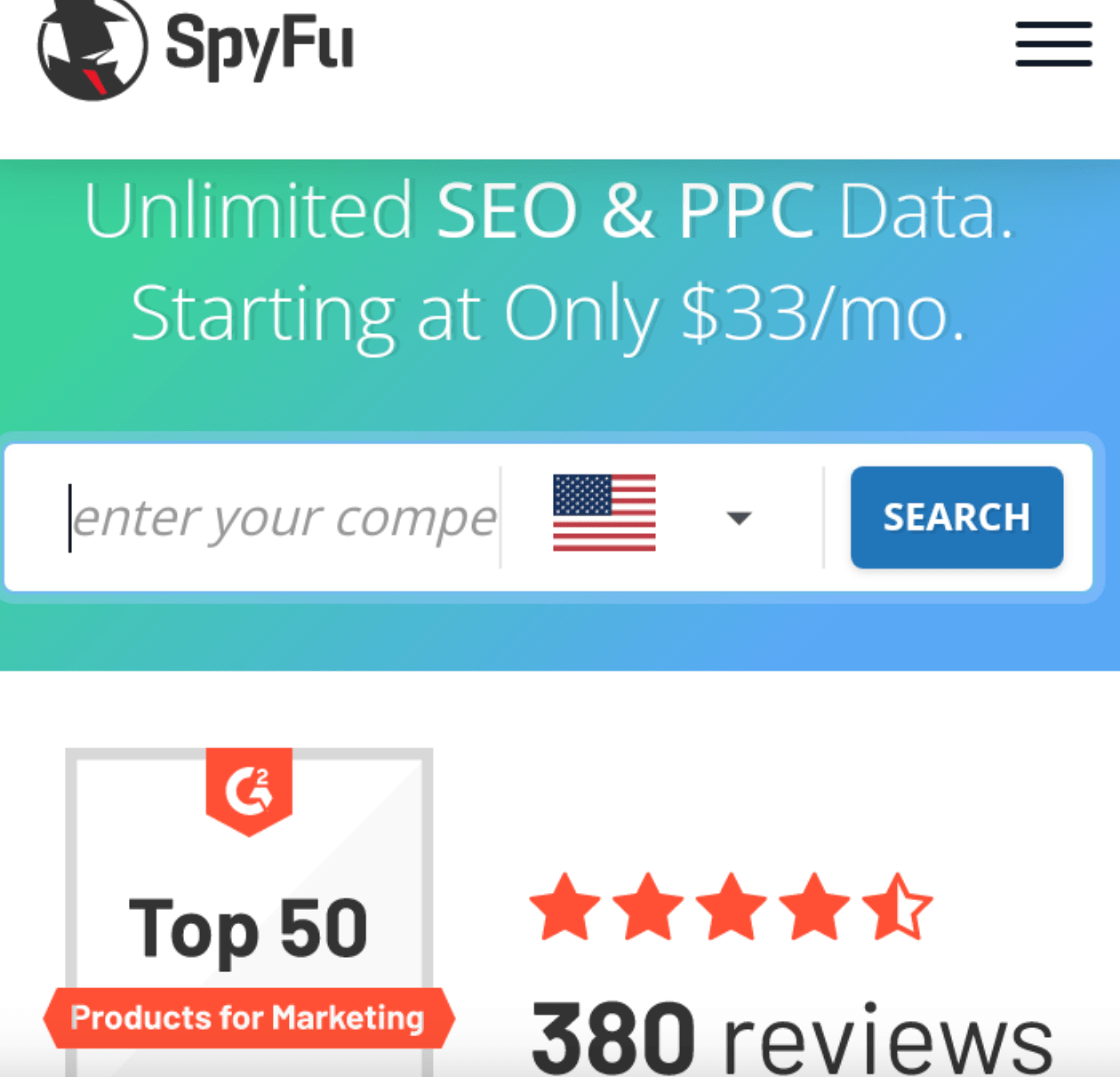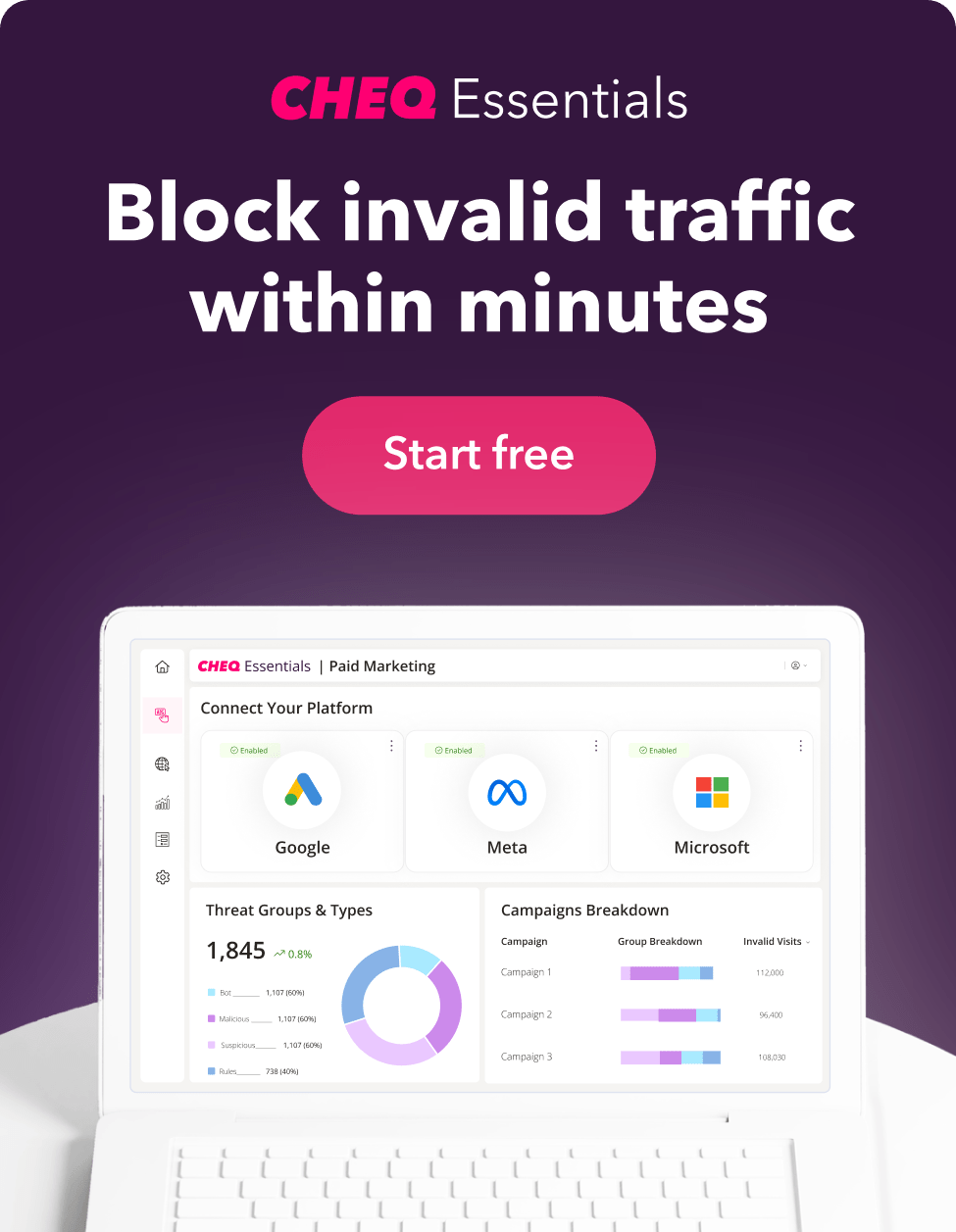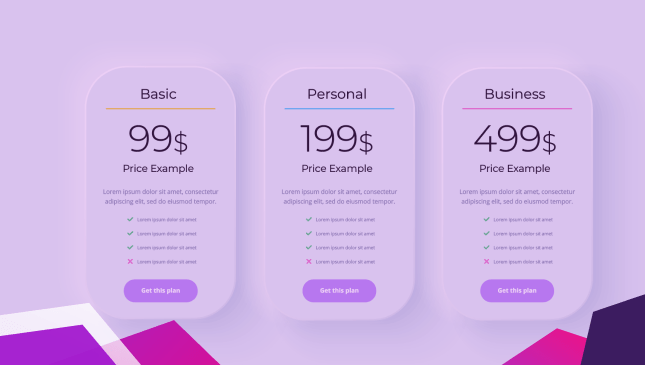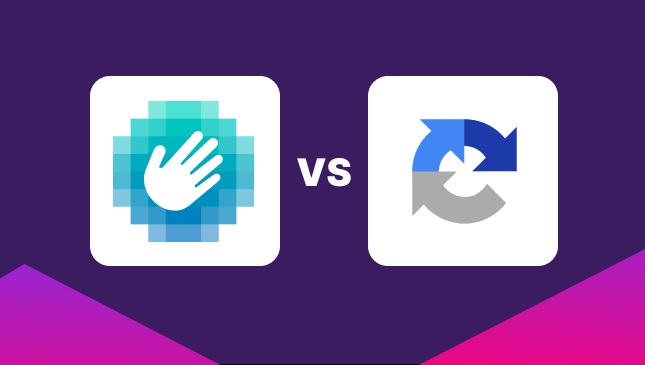How to Analyze Competitors PPC Campaigns
Oli Lynch
|Marketing | August 14, 2020

If you’re setting up a PPC ad campaign, you should never just jump blindly into the abyss. There is a lot of research to do before you get started. And one of the most important things is to do your PPC competition analysis.
Of course, you need to focus on keywords and your demographic too. After all, cost per acquisition rises when your PPC campaigns target broad search terms. The two main problems with broad search terms are often that they are targeting a customer segment with low intent.
And they are also often targeted by competitive businesses who have the budget to throw at targeting general search terms.
When it comes to pay-per-click advertising, there is always competition, and it can sometimes come down to who has the biggest disposable marketing budget.
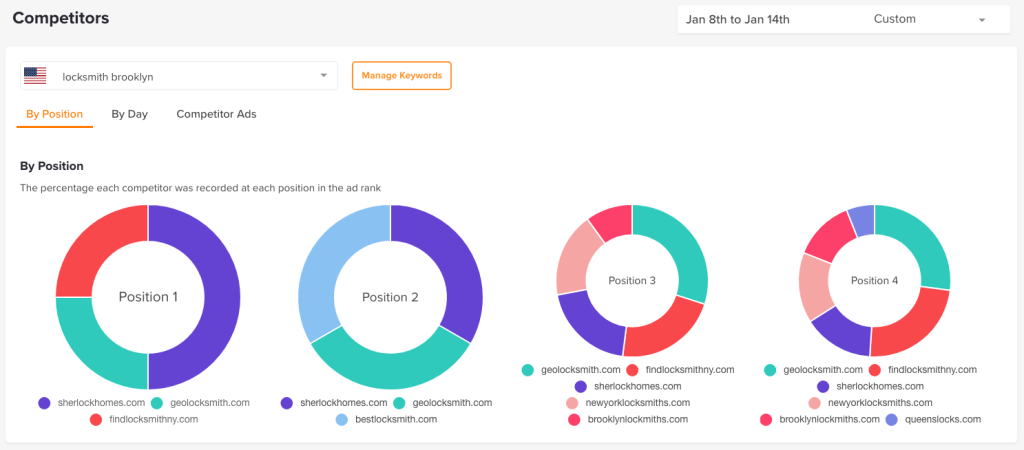
Chances are the competition is overlapping you on more than a few keywords. But by doing your PPC competitor analysis, you can understand how to come out on top.
In this competitor PPC analysis guide, we’ll show you how to find those keywords and beat them so your ads can rank higher on Google.
3 Simple Tips to Do PPC Competitor Analysis
1. Define the competition
Let’s suppose that you’re trying to rank higher on Google for the keyword “accountant in (your town).” There is, of course, lots of competition.
Some of these competitors are big established players and global names. Others are smaller family-run operations.
So, who are you competing with here? Are you aiming to rank above the established global accounting firm in the search rankings? Or are you more likely to be in competition with smaller local firms?
Now, outranking a PPC competitor isn’t an easy task. After all, every business wants its ad to rank higher.
But discovering who your competition is makes it easier to target your market segment and then outrank the competition.
You might already know who your competition is; after all, in some industries, it’s pretty obvious. But in others, you might need to define where your business is in your local (or national or global) market before you start trying to outdo that corporation with millions of dollars to throw at PPC ad campaigns.
For example, don’t search for your keywords on Google and pick those businesses as your PPC competition.
The search giants actually offer some useful free tools.
Microsoft Advertising’s Competition Tab and Google’s Auction Insights could help you find out the competition more effectively.
2. Take a Look At the Campaign Budget
Getting on top of the paid search rankings relies heavily on your keyword bids. So you’ll want to find out if your competitors are bidding higher than you. It’s true that the higher you bid, the higher your ad ranks.
You might not have the budget to go up against a major player in the paid search rankings, so what can you do?
One solution is to bid higher at certain times, using specific campaigns. For example, you’ve noticed that search volume bumps up on Sunday afternoons between 2 pm and 6 pm. By focusing your efforts on this particular time, you can up your bids or even target more keywords to see if this improves your conversions.
Another way to maximize your budget is to pause bidding on high-volume but low-converting search terms. These are often the more general broad match keywords anyway.
Instead, focus your effort on more niche search terms that deliver more clicks and conversions.
There are other factors, too, such as your quality score, which will also have an influence on your search engine ranking. So make sure your landing pages are well-optimized for your campaigns and that your site load speed is up to the job.
3. Analyze What Your Competitors Are Doing
When it comes to PPC competition analysis, this is probably what most people focus on. The truth is, it isn’t at the top of this list because it isn’t the most important factor.
Yup. Analyzing how your PPC competitors are running their ads isn’t as important as focusing on your own game! Funny that.
As we’ve seen, not all brands should be competed with. After all, bigger brands are usually going to come out on top.
Some might be using their reputation to get a higher ad ranking or even a bigger budget.
There are also branded keywords that make their campaigns rank higher on Google.
It’s advisable to go against the same business level as yours during this PPC competitor analysis.
The details section of Google Ads and Microsoft Ad drop-down menu helps with this too.
You can find out how often you and your PPC competitors received impressions, which can obviously help you see if they are worthy competitors.
It also shows the position above rate, which is how often an advertiser’s ad has been shown at a higher rank than yours.
If your PPC competitor seems to be dragging ad ranking with you, it’s time to go through their keywords with some analysis tools.
4 Great Tools to Analyze PPC Competitors’ Campaigns
1. CHEQ Essentials
As the top-rated click fraud prevention service for Google and Facebook ads, we also offer our free AdSpy tool. With AdSpy, you’ll get alerts about new bids on your keywords and extra insight into your PPC competitors’ campaigns.
Adspy is set up to run multiple times a day and notifies you regularly if you need to pay attention to a change.
You’ll get to see the PPC competitor’s ads as soon as they go live, giving you time to adjust your bids, your ads, or your strategy.
Also, you’ll get notified when and where your competitor is ranking for the keywords you picked.
Adspy also analyzes your strategy and provides relevant insights on how to beat your PPC competition.
Another nifty feature within Adspy is that you can see the average position your ads ranked on Google for the past 7 days.
Adspy has the details of PPC competitors that bid on your keyword in the past 7 days according to location and device.
Not only this, there’s a PPC competitor’s ads section that shows you what the competitors’ ads look like.
You can also see the percentage of times the PPC competitor’s ad ranked high on Google.
With this, you can also see what keywords they use in the title and leverage them to your advantage.
2. SEMRush
SemRush promises to help you discover what you might have missed.
With SemRush, you can discover where your ads are being outperformed in different ways, including keywords.
There is a keyword Gap tool that lets you compare your domain’s keyword portfolio to those of your closest competitors.
Simply select the domains of your competitors you want to analyze and then select the keyword type.
In SemRush, you can choose to compare paid keywords of various domains. And somewhere along the lines, you might discover keywords that you never considered for your campaign.
In their keyword gap analysis, you can access keywords that the competitor’s domain ranks for.
The report also allows you to dive deeply into the data and discover more details like:
- See the domain’s rankings for the keywords you selected
- The keyword volume of each keyword
- Average cost-per-click
- Competitive density
- Total number of results
In general, SemRush improves your ad rank by analyzing the PPC competitor campaign strategy.
Reversing engineering all of this data, you can reduce your CPA immensely.
3. SpyFu
SpyFu allows you to search for any domain and see every place they’ve shown up on Google. In fact, with SpyFu, you can see all the keywords a domain has ever bought.
This incredibly useful tool means you can dig into your competition’s keywords and see what has and hasn’t worked for them.
You’ll even be able to view their estimated monthly ad budget and how long they have been bidding on certain keywords.
SpyFu’s dashboard is clearly laid out and easy to navigate. It’s an ideal choice for SEO novices who have next to no experience with using technical tools and data software.
On the SpyFu dashboard, you get a search bar at the top where you can enter keywords or domain names.
When results show, you can access the organic and paid keywords competitors rank for on the same screen.
You can also run and download custom reports on a particular competitor, which is an invaluable tool to find an edge over them.
With SpyFu, you can get an idea of which keywords are bringing clicks and which are not.
When you try to make an SEO keyword report, SpyFu provides you with data like:
- Rank
- Cost-Per-Click
- Search volume
- Clicks per month
- Difficulty
These results can guide you through implementing a better strategy. You can also sort the keywords into:
- Newly ranked keywords
- Most valuable keywords
- Page one keywords
- Almost there keywords
- Keyword rank gains
- Keyword rank losses
SpyFu also recommends some topics a particular keyword ranks for to help you implement your content strategy effectively.
4. iSpionage
iSpionage gives you access to SEO and PPC keyword data from Bing, Yahoo, and Google.
Results from these three search engines can help you analyze your PPC competitor’s keyword ranking on different search engines. This brings a unique database of results, which can be very useful in building your own search engine strategy.
Key Takeaways
These tools above help you to do deep keyword research using their different capabilities.
When you discover terms and phrases your competitors are using in their ads, you can analyze data to understand how cost-efficient a certain keyword can be for your business.
Make sure you don’t let other PPC players seize your positions!
Note: The larger your keyword pool, the more you can reach your competitors.
An Effective Strategy to Beat PPC Competitor’s Keywords
The world of digital marketing is fiercely competitive. If you’re only thinking about copying a competitor’s keywords and content, then your ads won’t do well.
You need to find keywords that cost less per click and use them as long as they improve ad rank and CPA.
When you find an actionable keyword with good volume and a CPC you can afford, create a single keyword ad group and tailor ad copy specifically for that keyword.
This would yield a higher ad quality score by increasing your ad relevance in the process.
Dos & Don’ts
Bidding on competitors’ keywords might start a bidding war if not done properly.
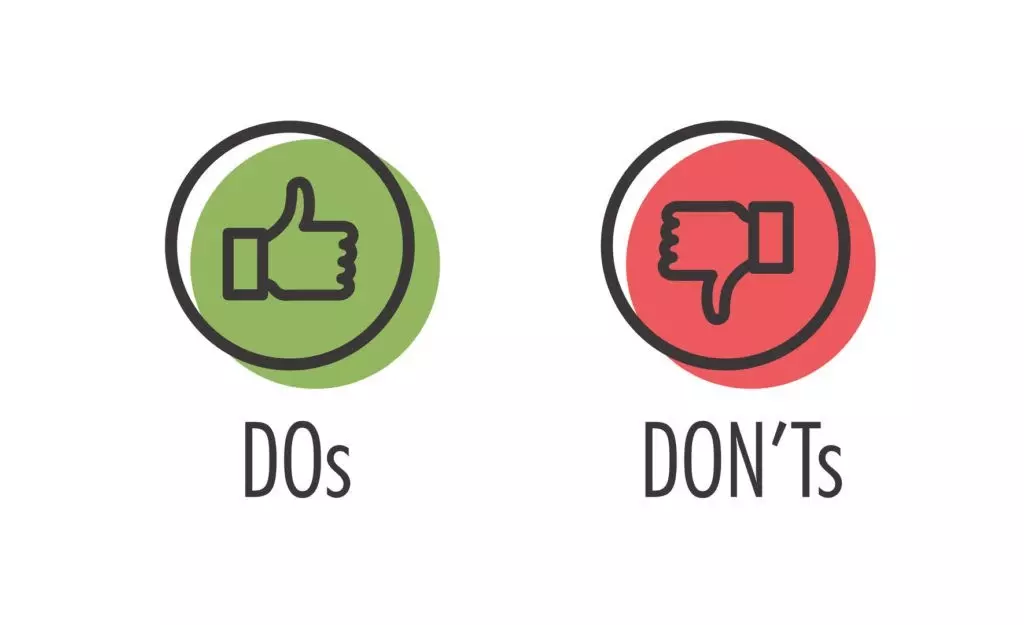
Save some money by also tuning your ad offer as well as using the PPC competitor keywords.
You can offer a lower price, a discount, or even a freebie on your ad. This would bring more attention, sales, as well as money.
So, beating them on pricing can go a long way to convert customers.
When you begin bidding on a competitor’s keywords, the potential stands for your competitor to do the same right back at you.
This is known as a bidding war, and it can cost both of you a lot of money.
If you do this carelessly, you may end up harming your company’s reputation.
Conducting yourself professionally on the internet is a virtue you should have, and it pays off.
Try to use better copywriting and organic content to rank on Google organically. Make your ad look better and more intriguing than that of your PPC competitor.
This would help bring more clicks to your ad when combined with keyword optimization.
Bid on lower volume and less competitive keywords rather than highly competitive keywords.
This saves some money and avoids the bidding war with competitors.
Why waste a lot of words when a few words do the trick?
Kevin Malone
Keep A Check on Bounce Rates
When you receive lots of clicks with low conversions, you end up spending a lot for nothing.
Although there are many different causes of a poor bounce rate, some keywords can attract a high volume of bouncing traffic. This can be because people are simply browsing or researching or also because high-volume/high-value search terms are a target for click fraud.
To minimize your exposure to this low-quality traffic, it’s a good idea to avoid using broad-match keywords.
Negative keywords ensure that your ads don’t pop up for a certain search term. Other than this, you need to counter-attack the bot traffic. Check out our guide to what is bot traffic and what you can do to block it.

